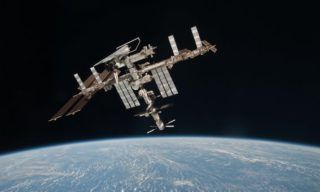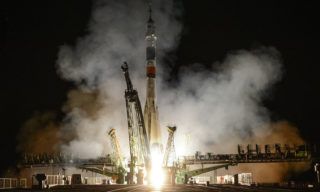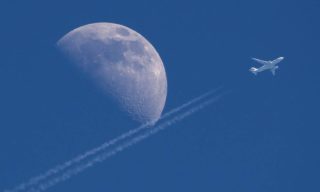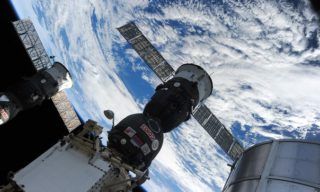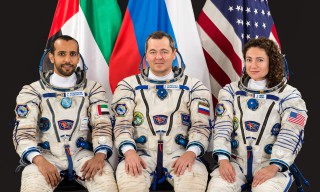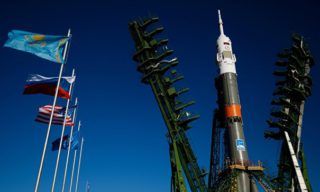Russian cargo vehicle Progress M-27M re-enterned the atmosphere and burned in the region above the Pacific Ocean on Friday, May 8, at 05.04, Moscow time.
“The vehicle re-entered dense atmosphere at the 160th orbit above the central part of the Pacific Ocean”, – Roscosmos spokesman reported.
North American Aerospace Defense Command (NORAD) confirmed that Progress M-27M burned in dense atmosphere. According to NORAD the vehicle ceased to exist at 02.20 GMT (plus-minus a minute).





